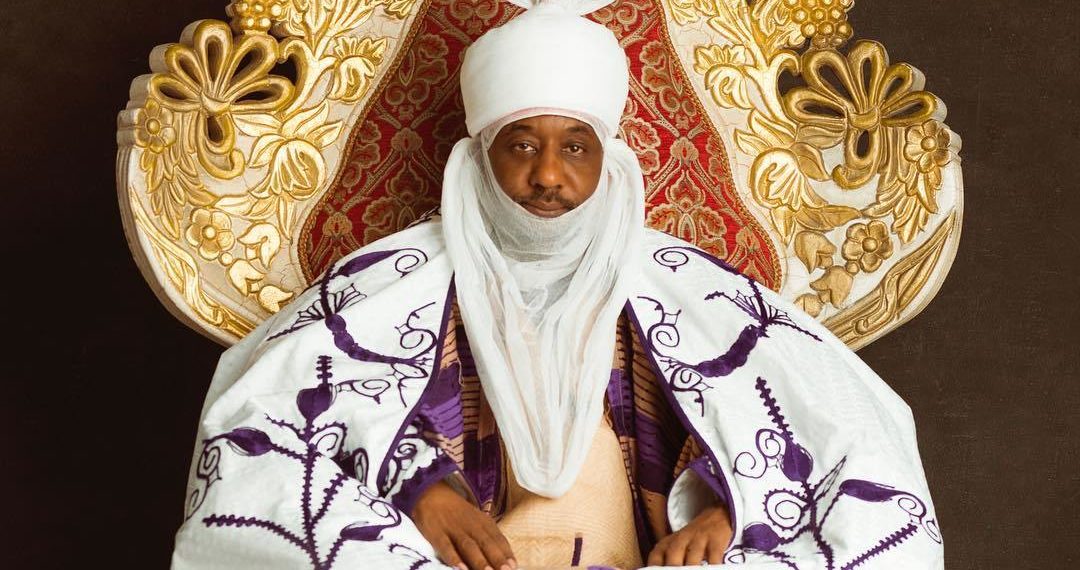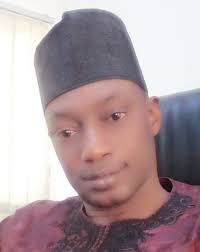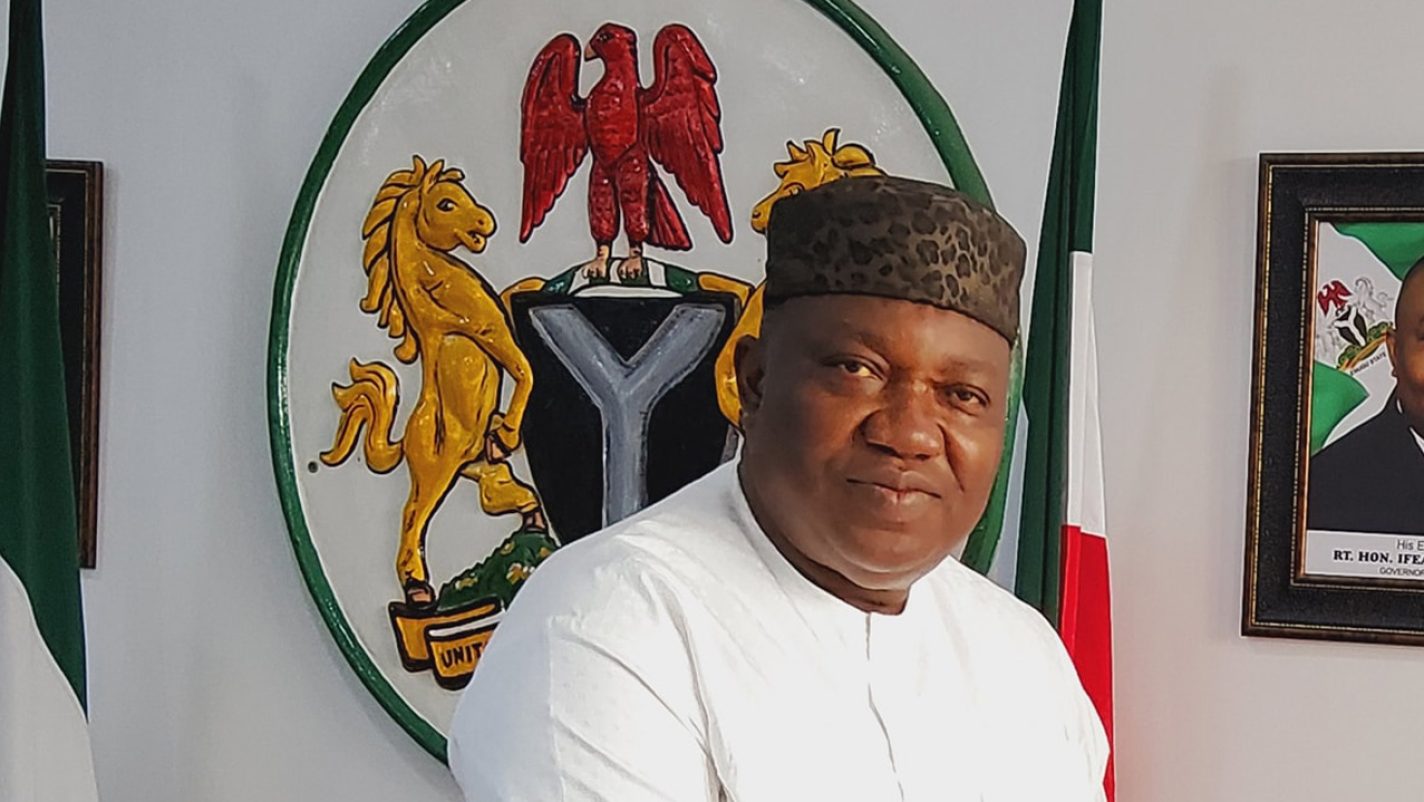Data shows Nigerian youths could determine outcome 2023 elections
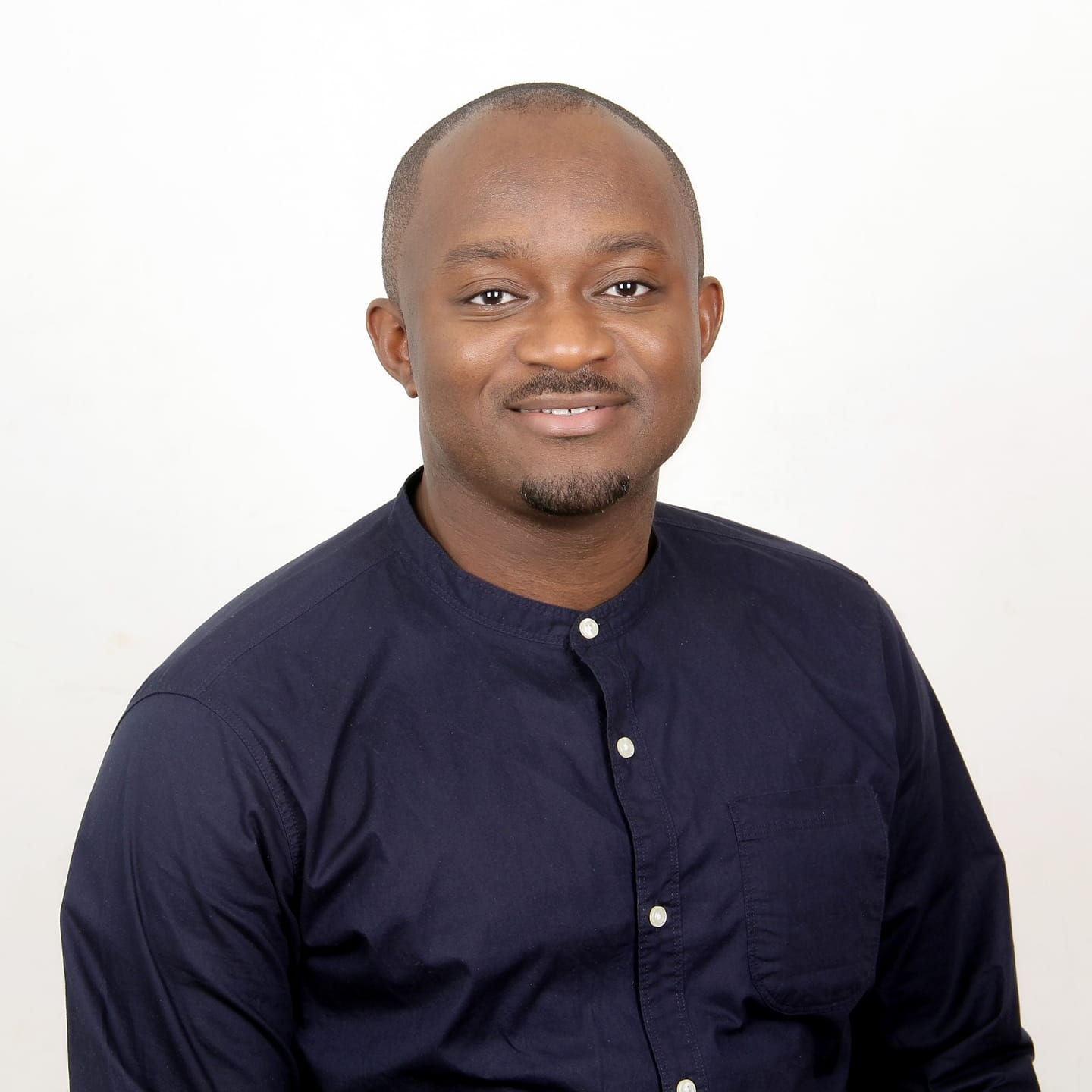
By Daniel Adaji
On the average, the number of youths with PVCs is 40 million, a figure that is higher than the number of votes cast in any of the presidential elections since 1999.
If the majority of Nigerian youths who are registered voters would march to their polling units to cast their votes in the 2023 elections, they could determine the leadership of the country at all levels, based on available data on the Independent National Electoral Commission (INEC’s) website. According to INEC data the voting population before the 2019 elections was over 84 million Nigerians registered of which the youths are the largest. Registered voters between the age of 18 and 34 constituted 51%, while those between 36 and 50 years of age made up of 30% of registered voters. Those within the age bracket of 51 and 70, who usually turn out during elections, constitute only 15% of registered voters. Even under the Continuous Voter’s Registration (CVR), Nigerians within the age bracket of 18 and 34 constitute 69 per cent of registered voters, according to data obtained from INEC’s website and published by Dataphyte. Furthermore, the statistics shows that 81% of the registered voters in the pre-2019 elections was between age 18 and 50, signifying the voting strength among the younger population.
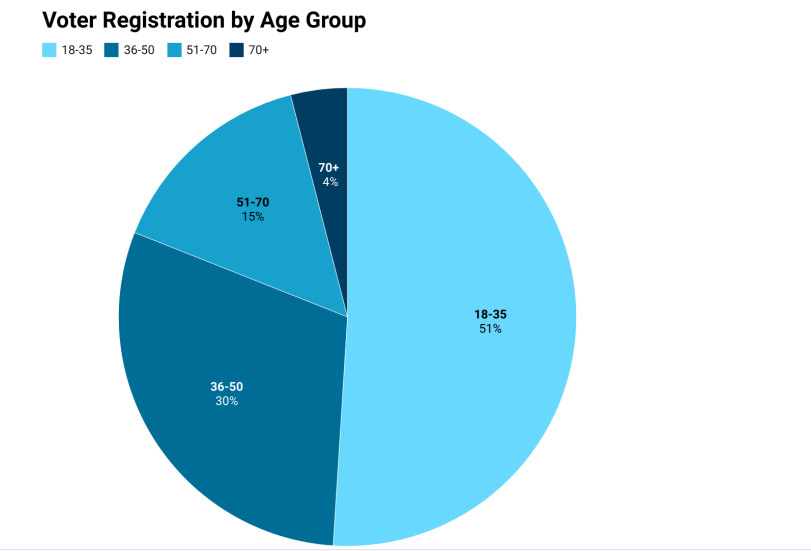
Chart of registered voters as at 2019
On the average, the average number of youths with PVCs is 40 million, a figure that is higher than the number of votes cast in any of the presidential elections since 1999. For instance, the total number of voters in the 2015 presidential election was 29 million. Even in the 2019 election, won by President Muhammadu Buhari, the number of votes that decided victory was about 26 million, much less than about 40 million youths who registered to vote in the election.
Now is the time for youths to influence the outcome of the 2023 elections
In recognition of this power that Nigerian youths have, the European Union Ambassador to Nigeria, Samuela Isopi, at an event to mark the June 12 anniversary, urged Nigerian youths to use their power to decide the leadership of the country in 2023. She told the youths at the Mega Musical Concert on “Youth Vote Count,” organized by the EU in Lagos that:“You know that voters’ turnout in Nigeria is very low and that is not good. You also know that voter turnout of young Nigeria is very low which is not good as well. This is why we are here, we need to change this trend, to mobilise the youths. You have the power to make change happen, you have the power to make the difference, therefore, don’t give up your power because your vote is your power. Your voters card is your power, so get it and use it on the election day because your vote will count. Now is the time for youths to influence the outcome of the 2023 elections for their benefits and their country at large. Today is the tomorrow our leaders have always spoken about, when they say the youths are the future of tomorrow. The timing for this dialogue could not have been better, as Nigeria prepares for 2023 general elections. We are at a critical point for young people in Nigeria.”
”
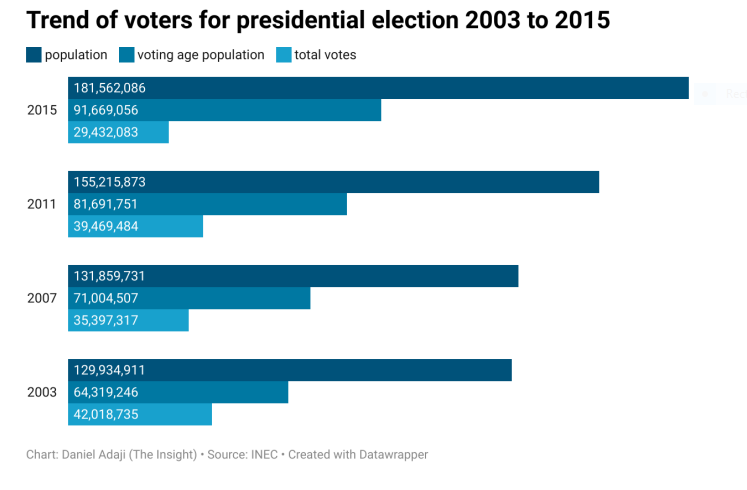
The number of Nigerians who decided victory at the elections over the years
Apart from the European Union, several civil society organizations in Nigeria are involved in a deliberate attempt to encourage youths to vote in Nigeria. One of them is Youth Initiative for Advocacy, Growth and Advancement (YIAGA). Mr. Femi Amele, an official of YIAGA, told The Insight that Nigerian youths need to understand their electoral rights. They need to understand the contents of the Electoral Act to know how they could participate in elections. They need to know how Electoral Act connects with Not Too Young to Run Act, and the opportunities around it.
In 2018, the Not Too Young to Run (NTYTR) law was enacted, however, the Nigerian political space is still loaded with old generation politicians and godfathers. According The Guardian, a report by YIAGA Africa (2019), following the 2019 general elections, shows that about 34.2 percent of youths participated in the election, against 21 percent in the previous election in 2015. About 13.5 percent of youth candidates vied for Senate and 27.4 percent for House of Representatives. Although only 6.8 percent of members-elect in the House of Representatives were youths, and 22 out of 68 of them benefited from the NTYTR Act in the State Houses of Assembly.

INEC Chairman Mahmood
The report added that “There is need to increase youths participation in the politics ahead of the 2023 general election. There is need for the youths for be more actively involved in political parties, parliament, political appointments, elections and civic spaces as a matter of right (rather than benevolence as it is sometimes suggested) as part of the solution rather than problem to be solved by others.”
According to Femi Ayele, in order to enhance youth participation in 2023 elections, “There should be strong media awareness that allows discussions on issues that affect the young people before every election. Politicians should know and understand socio-economic factors that affect the youths, especially with regard to their academics. What are the different candidates saying about their education system in Nigeria? How will they improve the sector and what parameters do the candidate needs to improve the education sector? These are important for youths as politicians engage in campaigns ahead of the 2023 elections.”
A former student union leader president Junior Chamber International, Benjamin Alfa decried the fact that Nigerian politics requires a lot of money to prosecute, and that the recruitment process come with structures that do not favour youths. According to Alfa, “You need sponsors and godfathers to attain big positions like governor, house of assembly member and even the president.”.
Politicians should know and understand socio-economic factors that affect the youths, especially with regard to their academics.
He said student unionists who completed their tenure and graduated from various institutions do not have the resources to prosecute elections despite their desire to participate in national politics. Instead, they become part of grassroots mobilization to support candidates hoping that the victory of the candidate would give them opportunity to step up in politics through political appointments. “Even when youths get elected into leadership positions in the country, godfathers impose their wish on them, making it difficult for youths to deliver on the job to the benefit of the electorate.”
Alfa complained that political bigwigs set youths against themselves by creating division along religious lines and encouraging them to join and participate in thuggery. For the forth-coming elections, he encouraged youths to look beyond party and vote based on candidate’s integrity and track records. “Youths should campaign against vote buying and thuggery. Youths should ensure they vote and make sure that their votes count. When politicians see that the electorate no longer vote parties but candidates, they would be compelled to field good and credible candidates.”
You can’t have the notion of taking charge or taking power when you refuse to get yourself involved in politics.
A former student union leader at Kogi State University, Anyigba, Usman Attaja Hussieni, argued that “youths participation in politics starts from their involvement in campus leadership; student unionism, religious organisations and departmental and faculty politics.” According to him, it is now important for students to ensure they participate in decision-making process at the management level of their various institutions.
A lot of effort are being put in to ensure strategies on how to solve issues around youth involvement in politics. Konrad Adenauer Stiftung (KAS) in partnership with the National Institute for legislation and Democratic Studies (NILDS) organized a 2 – day national retreat for young Parliamentarian Forum (YPF) of the National Assembly tagged ‘Youths Alliance Towards 2023 General election’.
A lot of efforts are being put in to ensure strategies on how to solve issues around youth involvement
‘At the retreat, the need for parties in Nigeria to develop stronger and independent youth wings of parties was emphasized.The Director-General (DG), NILDS, Abubakar Sulaiman told the gathering that “Youths should be more involved in partisan politics and political activities. You can’t have the notion of taking charge or taking power when you refuse to get yourself involved in politics. If youths actively get themselves involved in political activities and parties and at the various levels they are more active, their voices would be heard, this is because they constitute a majority at every level.”

This report was produced under the Dataphyte’s Data and Development Reporting Fellowship 2022
The Insight Report
Nigeria Coverage

